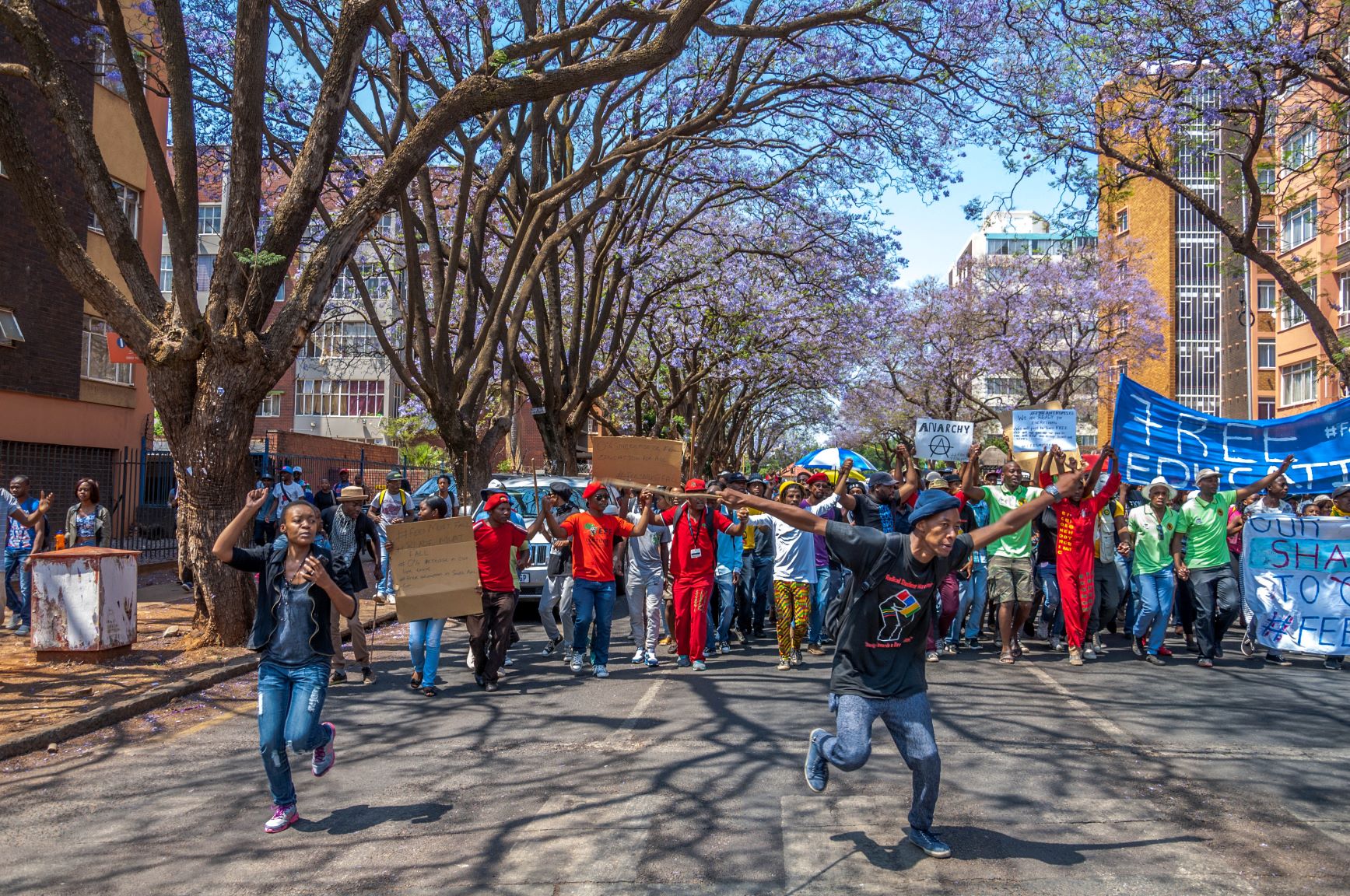Date: Wednesday 19 August 2020
Time: 17:00-18:30
Venue: Bergen Global, Jekteviksbakken 1, Bergen
#BeEx2020
You can attend the seminar physically at Bergen Global (limited places) or watch the seminar online: https://uib.zoom.us/j/69317490302?pwd=bnFidFdydXdheHF5SndjblcyM2ZhUT09
Many recent works from across the globe—including the book Epistemic Freedom in Africa (2018), calls us to fundamentally re-think knowledge regimes, epistemic traditions and the nature of academic practice, including the institution of the university. Such discussions relate fundamentally to problematic colonial and postcolonial relations between the so-called South and the so-called North and critiques should be directed against long-standing, hegemonic understandings of (academic and other) knowledges and global academic hierarchies. This roundtable will critically engage and examine such calls for what we could call ‘intellectual emancipation’ or ‘epistemological liberation’, and ask:
What can the nature of trans-continental research and academic partnerships be in light of such perspectives? What would a decolonization of the academy—or academic practice—involve? What are the possible roles of law and legal practice in relation to confronting global or local knowledge inequalities and, more generally, the horizon of decolonization?
Moderated by Bjørn Enge Bertelsen (University of Bergen). Conversation with Divine Fuh (University of Cape Town), Ernesto Seman (UiB), Temi Odumosu (Malmö University), Maria Paula Meneses (University of Coimbra).
Divine Fuh is a social anthropologist and Director of HUMA – Institute for Humanities in Africa at the University of Cape Town, South Africa. Fuh is also one of the editors of Corona Times.
Ernesto Seman teaches Latin American history at University of Bergen. His forthcoming book is a history of antipopulismo in Argentina.
Temi Odumosu is Senior Lecturer in Cultural Studies at Malmö University. She is author of the book Africans in English Caricature 1769-1819: Black Jokes White Humour (2017). Her research and curatorial practices are concerned with colonial archives/archiving, slavery and visuality, race and visual coding in popular culture, postmemorial art and performance, image ethics and politics of digitisation. Overall, she is focused on the ways art can mediate social transformation and healing.
Maria Paula Meneses is a Principal researcher at the Centre for Social Studies, University of Coimbra. A Mozambican scholar, she has published extensively on the decolonization processes with a focus on Southern Africa. Among her latest major publications are Knowledges Born in the Struggle Constructing the Epistemologies of the Global South (Routledge, 2019, edited with Boaventura de Sousa Santos) and Os Saberes Feiticeiros em Moçambique: Realidades materiais, experiências espirituais (Almedina, 2019).
This event is part of the Bergen Exchanges on Law and Social Transformation. It is free and open to all. Please note that according to corona virus regulations all participants must keep a distance of at least one metre from each other and maintain good hand hygiene. Your name and phone number will be registered and kept for 10 days. If you have any respiratory tract symptoms you should stay at home.
According to the infection control measures, we need to have an overview of who is present at all times and thus kindly ask all who plans to participate to sign up beforehand via this link: https://docs.google.com/forms/d/e/1FAIpQLSdkbDJM4caXtCkAoORiUBT-EexNr6_PP33olEAxNHLSkTVAHw/viewform?usp=sf_link.
Seating is limited, so first come, first served.
Photo: Paul Saad/Flickr, “Fees Must Fall Demonstration, Pretoria”.

